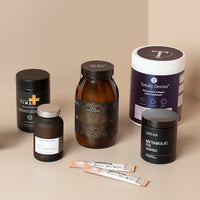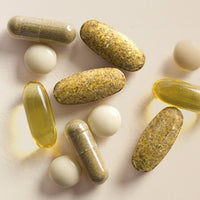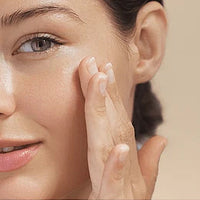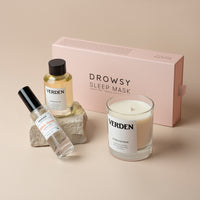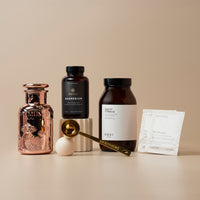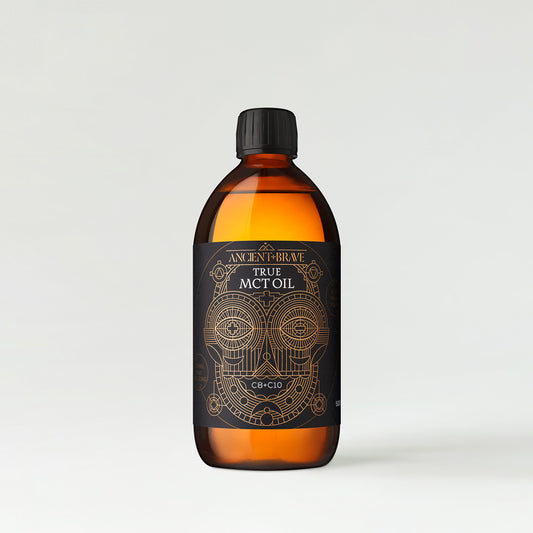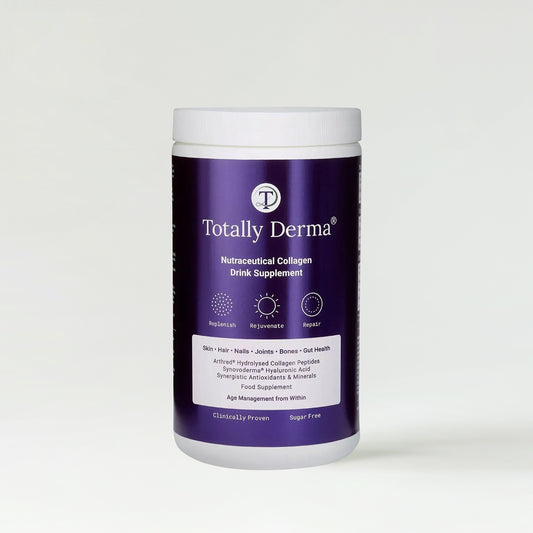We all know the importance of collagen for our skin - it helps to maintain the elasticity, firmness and hydration, essentially helping skin to retain its youthful radiance. There are also a whole host of other reasons why collagen is necessary throughout the body. As we age, however, our collagen levels decline and this starts to impact our skin and overall health.
To find out the best ways to boost your collagen levels, we explore exactly what collagen does, why our levels decline, and the standout supplements worth adding to your routine.
A Note On Collagen’s Key Functions
Did you know that in addition to skin health, collagen is also necessary for muscle health, wound healing and even gut health? It’s something that doctors such as Leading Aesthetics Doctor, Dr Galyna Selezneva, are looking to help women understand the importance of.
“Collagen is the most abundant protein that is produced by the body. It’s found in skin, tissues, tendones, bones and cartilage. It’s vital for skin health, where it helps to maintain the elasticity, firmness and hydration. It’s also necessary for muscle health whereby its presence in the connective tissue that surrounds and supports the muscles helps to maintain muscle strength and flexibility. Wound healing is another thing that collagen is essential for. This is because it helps to form a scaffold for new tissue growth and promotes the development of new blood vessels. And a lot of people don’t realise that collagen is also important for gut health too. The lining of the digestive tract contains collagen, where its function is to help maintain the integrity of the gut barrier, helping to prevent inflammation and other gut issues.”
Declining collagen
From our mid twenties the body’s production of collagen begins to decline, and this decline accelerates after the age of 30. Because collagen is important for maintaining the health and function of many different tissues in the body, a deficiency can lead to a variety of health problems.
“Collagen decline is a natural part of the ageing process and so it happens to everyone,” explains Dr Galyna Selezneva. “This reduction can lead to a variety of age-related changes in the body including wrinkles, sagging skin, joint pain, reduced bone density, and even gut problems.”
How to boost collagen levels
There are a number of lifestyle changes that can be made in order to boost collagen levels and slow down this decline.
Dermatologists, GPs and medical experts across the board agree on protecting the skin from the sun’s harmful rays by wearing a high factor broad spectrum SPF.
“This will help to minimize the destruction of collagen, therefore helping to slow down collagen loss, ” explains Dr Galyna Selezneva.
Stopping smoking can also have positive benefits on collagen levels. This is because smoking increases MMP levels which leads to the degradation of collagen, elastic fibers, and proteoglycans.
“Eating a healthy diet rich in collagen-boosting nutrients is beneficial too,” adds Dr Galyna Selezneva. These include chicken, fish, eggwhites, citrus fruits, garlic, leafy beans, cashew, tomatoes, bell peppers, etc. As is incorporating topical skincare products containing collagen into your skincare regime.
However, as Dr Galyna points out, there are limitations to this: “Whilst topical skincare products can help to improve the health of your skin, because collagen molecules are too large to penetrate the skin’s barrier they have limited benefit in stimulating new collagen growth.”
And because, as we all know, it can be hard to consistently eat a diet rich in all the essential nutrients that are needed to maintain optimum collagen levels, and dietary supplements can be an ideal way of getting the necessary amounts of collagen.
Collagen supplements
As collagen supplements have gained in popularity over recent years, there has been much debate about their efficacy and benefits.
“One study published in Skin Pharmacology and Physiology found that women who consumed extra collagen had higher levels of skin elasticity after four weeks than those who took a placebo,” explains Dr Galyna Selezneva.
This supports the belief that supplementing the body with additional collagen can indeed be beneficial. And it’s logical to assume that if the benefits are being reported in the skin, then it will also be positively impacting other areas of the body too.
So whilst dietary supplements are beneficial, the fact that there are a huge number of these available to buy can make it difficult to determine which are the most effective.
“The key is taking an informed and educated approach to supplement selection,” suggests Dr Galyna Selezneva. “As we know, no two people’s physiology is exactly the same, our diets, lifestyles and indeed genetics all bear an impact on this. And so for this reason it’s advisable to seek the support and guidance of your healthcare practitioner. With their knowledge of your specific needs, the most effective supplements can be identified.”

